We all want to be liked and accepted by others. It’s a deep human need. But there’s a fine line between being a genuinely kind person and being a people-pleaser. That’s why we need to understand the concept of people-pleasing vs kindness.
Let’s explore the difference between kindness and people pleasing so you can figure out which one you are.
What is People-Pleasing Behavior?
People-pleasing is the act of going out of your way to make others happy, even at the expense of your own needs and boundaries. People-pleasers have a deep-seated fear of rejection or conflict, so they’ll often say “yes” to things they don’t want to do, just to avoid upsetting someone. They’re hypersensitive to others’ reactions and constantly worry about what people think of them.
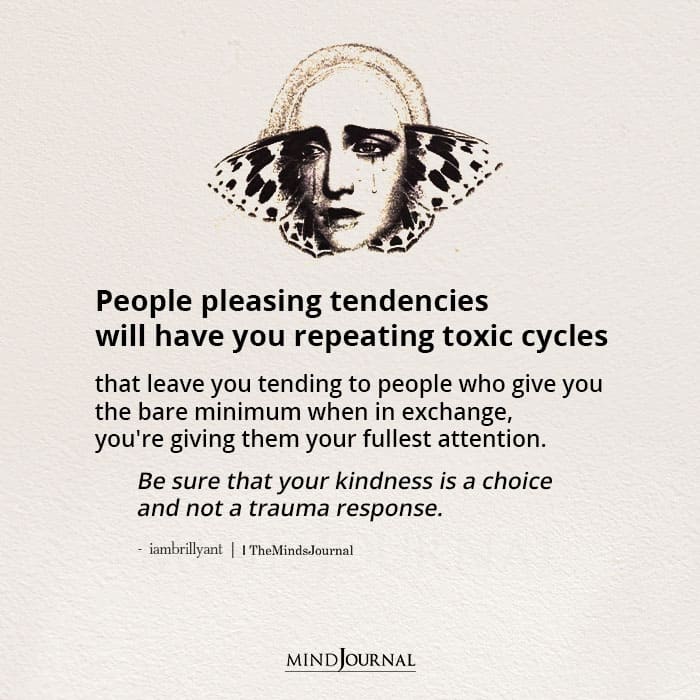
People-pleasers are often the first to volunteer for tasks, offer to help, or make sacrifices. On the surface, this seems like kindness. But the underlying motivation is a need for approval and validation from others.
Related: Are You A People Pleaser?
People-pleasers have trouble saying “no” because they’re terrified of the consequences – they think people will reject them or think badly of them. This leads to burnout, resentment, and a loss of their own identity.
It’s important to note that people-pleasing is not the same as being a kind or generous person. It is only a form of fear-based kindness. True kindness comes from a place of self-love and security, whereas people-pleasing stems from insecurity and a fear of being disliked.
What is Kindness?
Kindness is a self-expression. It is a genuine desire to help others and make their lives better. Kind people have empathy and want to relieve the suffering of those around them. But they also have healthy boundaries and practice self-care. They’re able to say “no” when necessary, without guilt or worry.
True kindness comes from a place of self-love and security. Kind people don’t need external validation or approval to feel good about themselves. They have a strong sense of who they are. When they help others, it’s because they genuinely want to, not because they’re craving approval or trying to earn love.
Kind people have their own needs met, so they can show up for others without becoming depleted or resentful.
Related: The Surprising Spiritual And Health Benefits Of Kindness You Need To Know
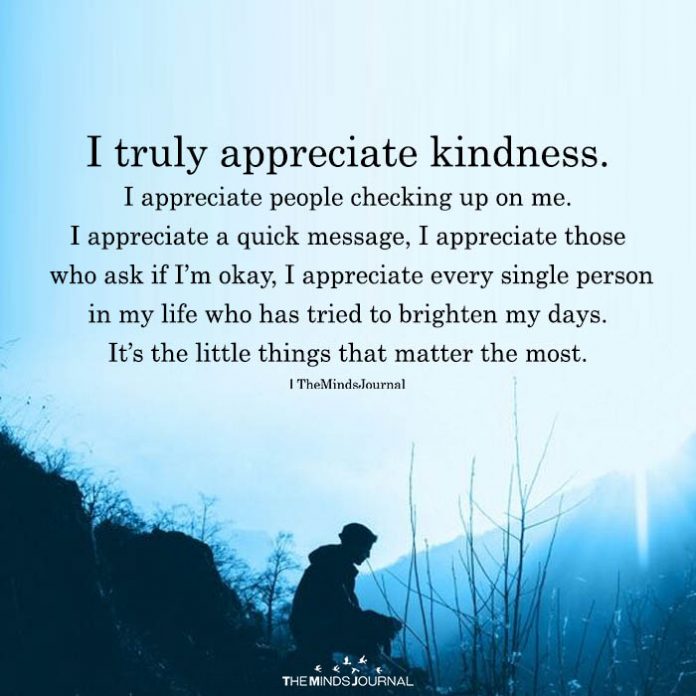
People-Pleasing vs Kindness: Understanding The Difference Between Kindness and People Pleasing
The key difference is that kindness is about giving from a place of abundance, while people-pleasing is about giving from a place of lack or fear. This is the core of people-pleasing vs kindness.
Kind people have healthy boundaries and the courage to sometimes say “no” when a request is unreasonable or doesn’t align with their values. Their acts of service come from the heart, not from a desire to be liked or avoid conflict.
People-pleasers, on the other hand, often feel empty inside. They give to others compulsively, in the hope of getting the love, validation, and approval they crave. But this type of giving is ultimately unsatisfying because it’s not rooted in genuine care – it’s rooted in fear and insecurity.
People-pleasers end up feeling used, taken advantage of, and burnt out. Their “kindness” is really an attempt to control how others see them and get their emotional needs met. This is in direct contrast to true kindness, which expects nothing in return.
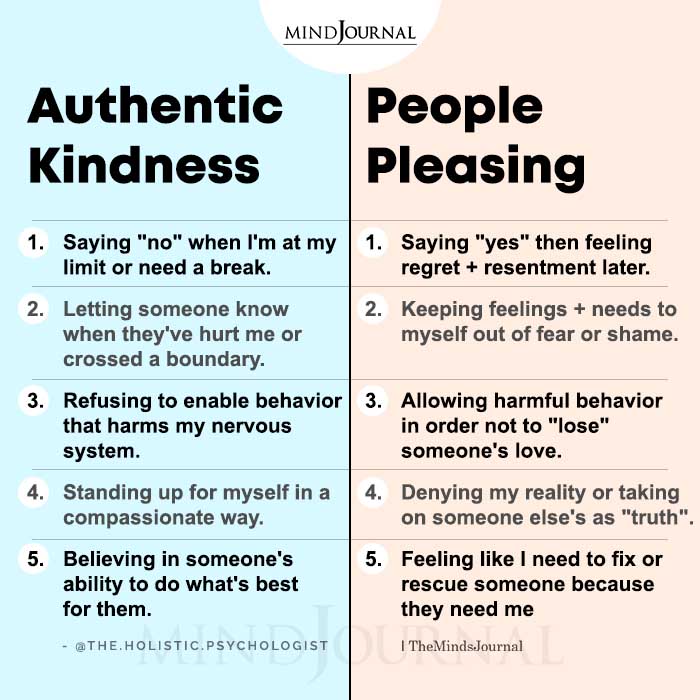
Recognizing the Signs of People-Pleasing
Now that we have gained some clarity about people-pleasing vs kindness, let’s figure out if you are a people pleaser. Here are some common signs that you might be more of a people-pleaser than a genuinely kind person:
- You often say “yes” to things you don’t want to do, just to avoid upsetting someone.
- You have trouble setting boundaries with others.
- You constantly seek approval and validation from the people in your life.
- You feel resentful or depleted after helping others.
- You hide your true feelings and opinions to keep the peace.
If you recognize these patterns of fear-based kindness in your own behavior, it’s a good indication that you’ve slipped into people-pleasing mode, rather than coming from a place of authentic kindness.
Related: 11 Things People Pleasers End Up Doing Unintentionally
How to Cultivate True Kindness
The good news is that it’s possible to shift away from people-pleasing and towards genuine kindness. Here are some tips:
1. Work on self-acceptance and self-love
When you have a strong sense of self-worth that isn’t dependent on others’ approval, you’re less likely to engage in people-pleasing behaviors.
2. Practice setting healthy boundaries
As kindness is a self-expression, you have to understand that it’s okay to say “no” to requests that don’t align with your values or leave you feeling depleted. Kind people know their limits.
3. Become more aware of your motivations
Ask yourself whether your “kind” actions are really driven by a desire to help, or if you’re secretly hoping for praise, validation, or reward. This is why we must have a clear understanding of people-pleasing vs kindness.
4. Express yourself
Express your true thoughts and feelings, even if it means occasional conflict. Kind people aren’t afraid to respectfully disagree or stand up for themselves.
5. Focus on self-care
Make sure your own emotional, physical, and spiritual needs are being met so you have the capacity to show up for others in a sustainable way.
Related: How To Stop People-Pleasing and Still Be Nice: 5 Rules To Live By
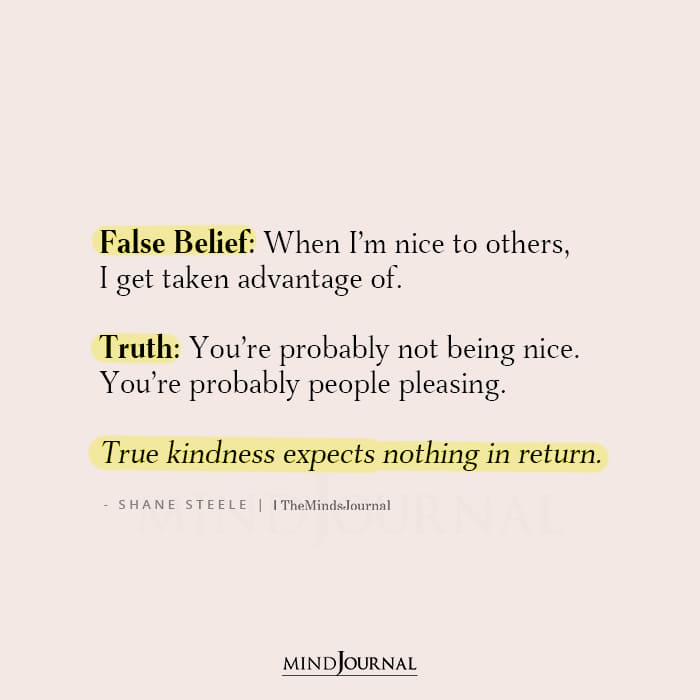
Takeaway: People-Pleasing vs Kindness
Kindness and people-pleasing come from very different places within us. One is about genuine care and connection, while the other is about fear, insecurity, and a hunger for approval.
If you want to cultivate more kindness in your life, start by learning to love and accept yourself, just as you are.
Frequently Asked Questions (FAQs):
What is the difference between kindness and people pleasing?
Kindness is genuine and selfless, while people pleasing is driven by a need for approval and fear of rejection.
What is the root cause of people pleasing?
The root cause of people pleasing often lies in low self-esteem, fear of rejection, and a need for external validation.
Is people pleasing a red flag?
Yes, people pleasing can be a red flag, indicating possible issues with self-worth, boundaries, and emotional dependency.



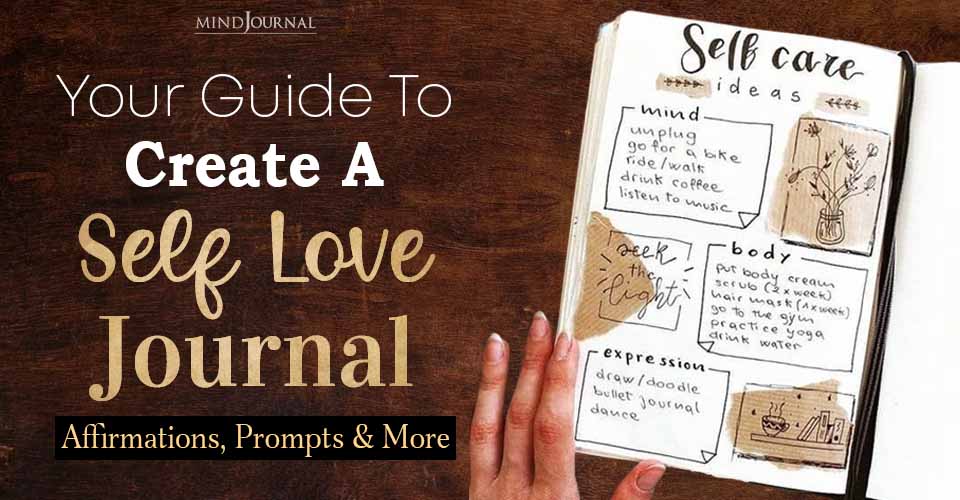

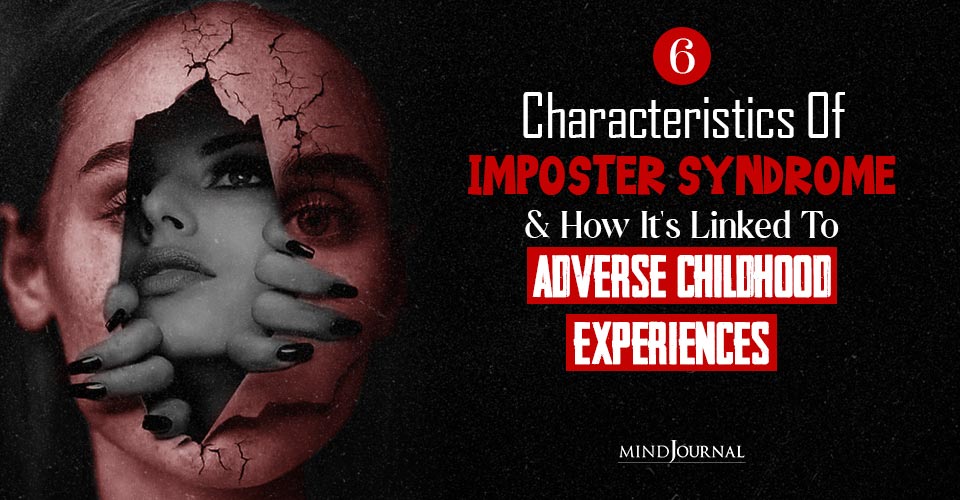

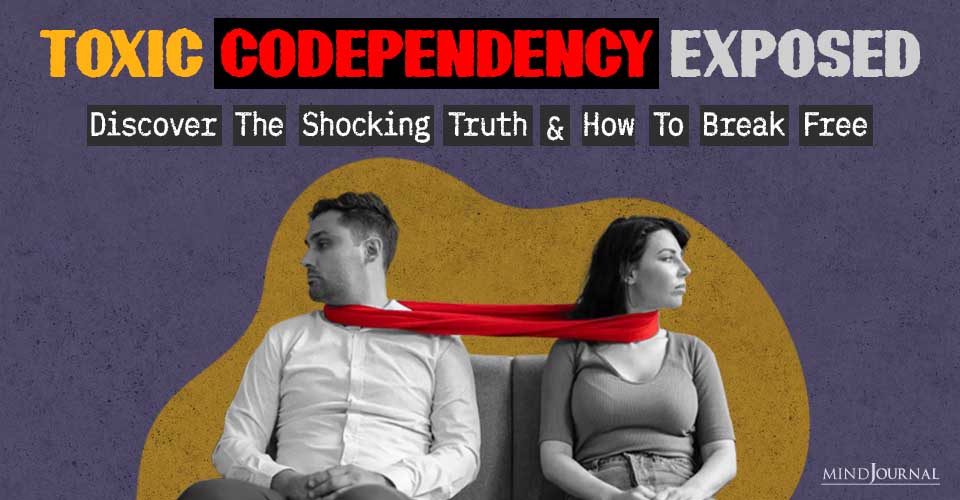

Leave a Reply
You must be logged in to post a comment.